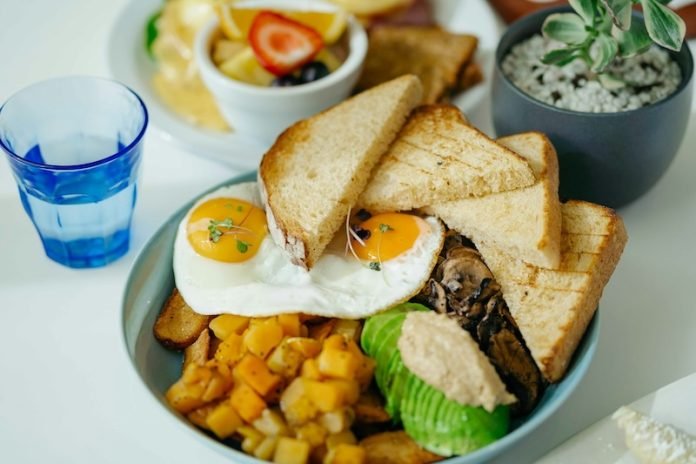
In a new study from Newcastle University, researchers have discovered that the way we store and cook our eggs can significantly impact the amount of vitamin D we receive from them.
Vitamin D, often dubbed the “sunshine vitamin,” is crucial for maintaining healthy bones, teeth, and muscles, and plays a vital role in our immune system.
Given that many people, especially in places like the UK, do not get enough vitamin D through sunlight or diet, this finding could be a game-changer.
The research team, led by Professor Tom Hill, focused on eggs from the Happy Egg Co., which are specially enriched with vitamin D through the hens’ diet.
They compared the vitamin D content of eggs stored in the fridge to those kept at room temperature on a kitchen worktop and looked at how different cooking methods affected the vitamin D levels.
The findings were clear: to maximize the vitamin D from your eggs, it’s best to store them at room temperature and opt for scrambling or poaching when cooking.
These methods preserved the most vitamin D, with scrambled eggs surprisingly showing a potential increase in vitamin D content after cooking.
This study is part of a larger effort to combat vitamin D deficiency in the UK, where over 90% of the population doesn’t get enough of this essential nutrient.
By enriching eggs with vitamin D and finding the best ways to cook and store them, researchers aim to offer a simple solution to this widespread issue.
The research, which is published in the journal Foods, employed meticulous methods to analyze the vitamin D content of the eggs.
The team freeze-dried cooked eggs to measure the levels of vitamin D3 and its active form, 25-Hydroxyvitamin D3, using a measure called true retention.
This approach accounts for changes in food weight after cooking, such as water loss, to accurately assess vitamin D levels.
The results showed that vitamin D levels could be preserved or even enhanced through specific cooking methods, with scrambled and microwaved eggs leading the pack.
Moreover, the study highlighted the potential for industry collaboration to address nutritional deficiencies. Professor Hill has worked with Noble Foods and DSM Ltd to explore how enriching hens’ diets with vitamin D can lead to healthier eggs.
This partnership has already seen success, with the Happy Egg Co. adopting a vitamin D-rich diet for their hens, resulting in eggs that contain significantly more vitamin D than regular eggs.
Eggs are one of the few natural food sources of vitamin D, making them an invaluable option for boosting intake.
The enriched eggs produced by the Happy Egg Co., thanks to their hens’ special diet, offer an impressive amount of vitamin D, with just two large eggs providing over 94% of the daily guideline in Europe.
This research not only offers practical advice for maximizing vitamin D intake from eggs but also underscores the importance of industry collaboration in improving public health.
As the UK awaits government policy updates on vitamin D, this study provides a timely reminder of the simple, everyday choices we can make to enhance our nutrient intake and overall health.
The research findings can be found in Foods.
Copyright © 2024 Knowridge Science Report. All rights reserved.



